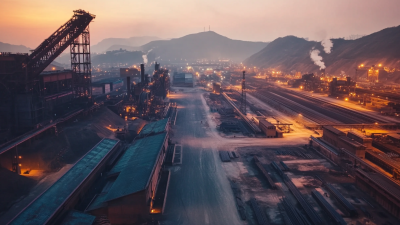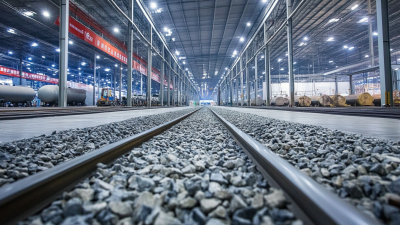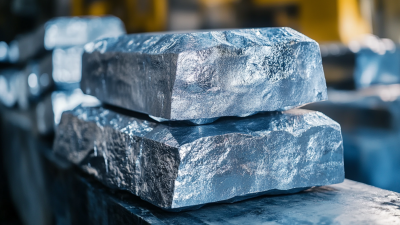Leave Your Message
Ferro Silicon is increasingly recognized as a vital alloying agent in the metal industry, due to its ability to significantly enhance the strength and durability of various metal alloys. According to a recent report by MarketsandMarkets, the global Ferro Silicon market is projected to reach USD 15.8 billion by 2025, with a compound annual growth rate (CAGR) of 5.4% from 2020 to 2025. This growth is primarily driven by the increasing demand for high-performance materials in sectors such as automotive and construction. Ferro Silicon not only improves the toughness and rigidity of steel and cast iron but also optimizes their resistance to wear and corrosion. As manufacturers continue to seek innovative solutions to meet evolving industry standards, understanding the unique properties and applications of Ferro Silicon becomes essential for enhancing material performance and achieving sustainability goals in metal production.
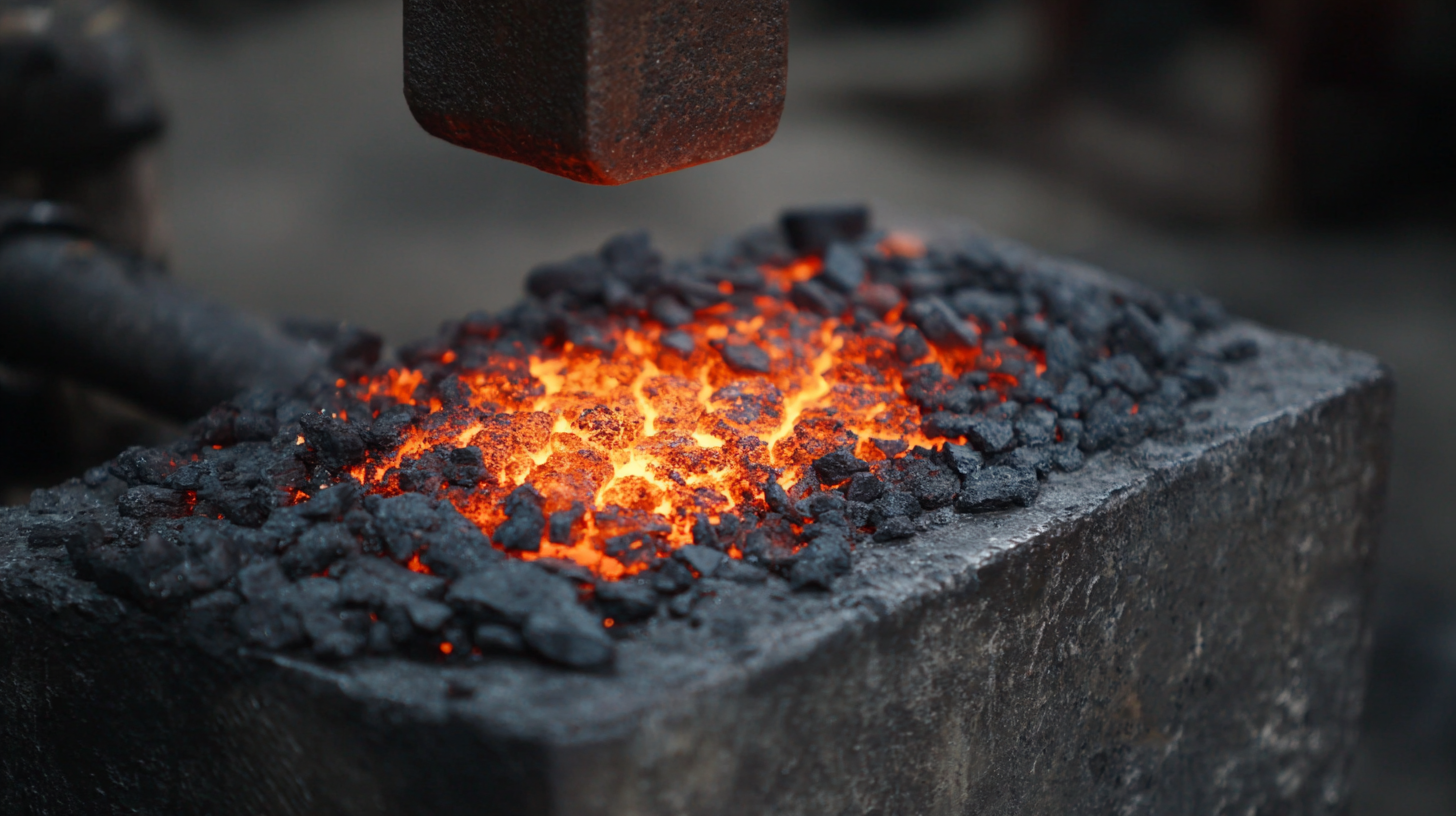
Ferro silicon is an essential alloying material used in the production of iron and steel, providing critical enhancements to strength and durability. Comprising primarily iron and silicon, this alloy typically contains 15-90% silicon and is known for its ability to improve the mechanical properties of metals. The addition of ferro silicon not only increases tensile strength but also enhances the impact resistance of metal alloys, making them suitable for a variety of applications across industries such as automotive, aerospace, and construction.
Tips for utilizing ferro silicon effectively include ensuring proper mixing and melting techniques to achieve a homogeneous alloy. Additionally, pay attention to the silicon content, as higher silicon percentages can improve deoxidation and reduce the formation of inclusions in the metal. Regularly monitoring the temperature during processing can also help maintain the desired properties, achieving a balance between strength and ductility.
The unique properties of ferro silicon extend beyond just strengthening alloys. It helps in refining grain structures, which leads to improved toughness and wear resistance. When selecting ferro silicon for different applications, consider the specific composition needed to meet desired performance criteria, as variations can significantly impact the final outcome of the metal product.
Ferro silicon is a crucial alloying element in the production of various metal alloys, particularly in steel manufacturing. It plays a significant role in enhancing the properties of steel by improving its strength, flexibility, and resistance to oxidation. When added to molten steel, ferro silicon reacts with sulfur and oxygen to form stable compounds, thus preventing these detrimental elements from adversely affecting the integrity of the final product. This process not only helps in achieving a cleaner steel but also contributes to better corrosion resistance, making products more durable in harsh environments.

Moreover, ferro silicon acts as a deoxidizer, which is essential for maintaining the quality of metal alloys. By reducing the amount of oxygen in the molten metal, it ensures a more uniform structure, leading to improved mechanical properties. This characteristic is particularly beneficial in the production of high-strength steel grades, where consistency and reliability are paramount. The use of ferro silicon in casting and various alloy formulations has become a standard practice, promoting advanced metallurgical processes and driving forward innovations in the metalworking industry.
Ferro silicon has emerged as a pivotal component in enhancing the strength and durability of metal alloys. By incorporating this alloying agent, industries can leverage its unique properties to improve the mechanical characteristics of steel and cast iron. Research shows that adding as little as 5% ferro silicon can significantly boost tensile strength, with some studies indicating increases of up to 30% in specific alloy compositions. This is primarily due to ferro silicon's ability to enhance the formation of complex microstructures, which distribute stress more evenly throughout the material.
One of the key mechanisms by which ferro silicon enhances strength is through the refinement of the grain structure in metals. A finer grain structure leads to better strength and toughness while simultaneously improving ductility. For example, a report by the International Journal of Metal Science highlighted that alloys treated with ferro silicon demonstrated improved resilience against fatigue failure, particularly under dynamic loading conditions. This makes ferro silicon-infused alloys a preferred choice in industries ranging from automotive to construction, where material reliability is crucial.
Tip: When selecting alloys for critical applications, consider the specific ratios of ferro silicon to optimize performance parameters. Experimenting with different alloy compositions can yield significant improvements in mechanical properties, making your products more competitive in the market.
Ferro silicon, an alloy of iron and silicon, plays a crucial role in enhancing the mechanical properties of various metal alloys. Its unique composition significantly improves the strength and durability of materials, making it a preferred choice in multiple industrial applications. For instance, when added to cast iron, ferro silicon promotes excellent strength and corrosion resistance, which is essential in industries like automotive, construction, and manufacturing.
In the realm of steel production, ferro silicon serves as a deoxidizer, effectively removing impurities while contributing to an increase in hardness and tensile strength. This feature is particularly vital in industries that demand high-performance materials, such as aerospace and energy. The use of ferro silicon-enhanced alloys allows manufacturers to produce components that withstand extreme conditions, ultimately leading to safer and more reliable products. Furthermore, its application in producing silicon metal improves the electrical conductivity of alloys, making them ideal for electrical and electronic parts.
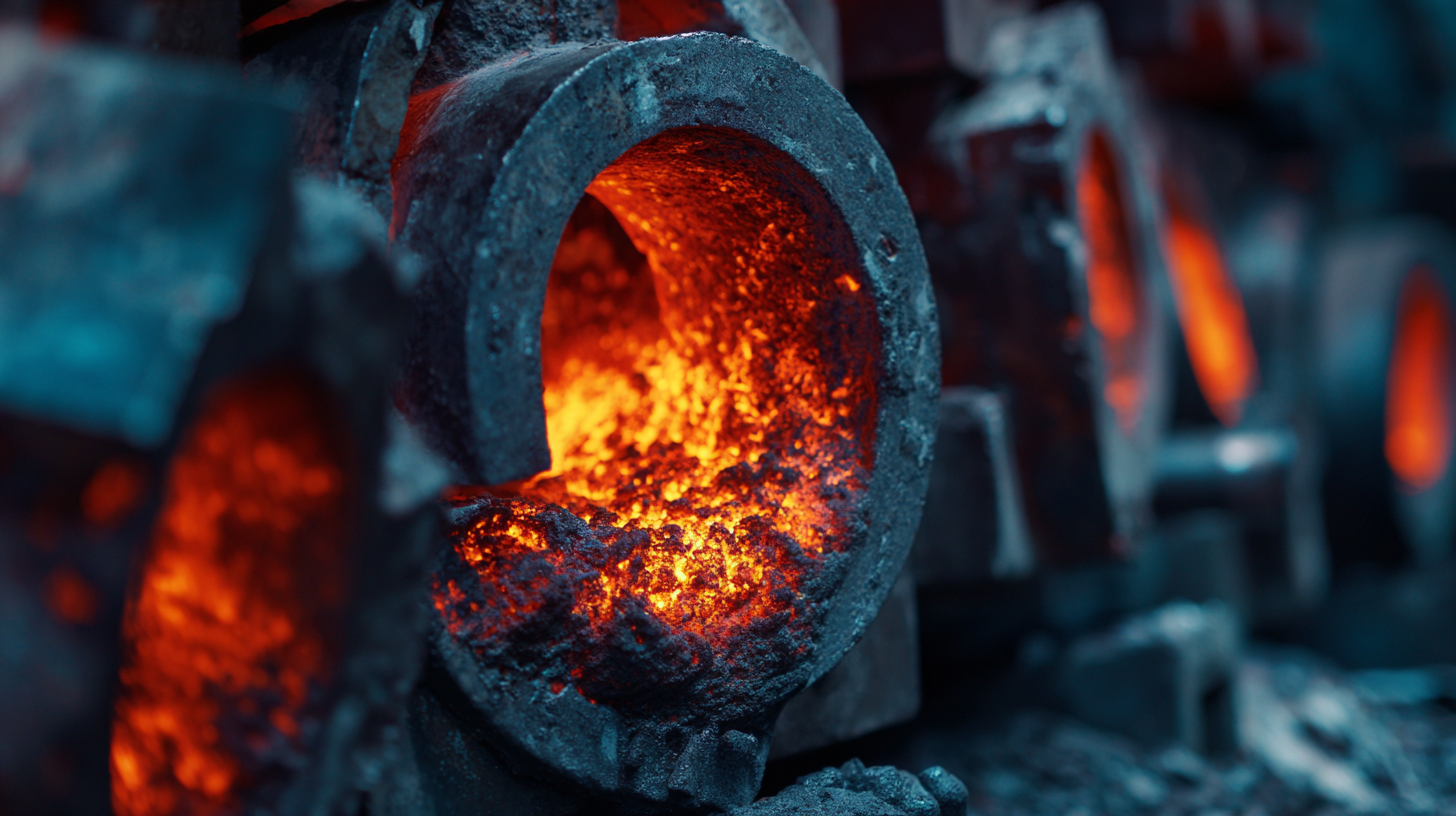
The future trends in ferro silicon usage are poised to revolutionize the realm of metal alloys, particularly in enhancing strength and durability. According to a recent report by MarketsandMarkets, the ferro silicon market is projected to grow at a CAGR of 4.5% from 2023 to 2028, reaching a valuation of approximately $7 billion. This growth is largely driven by increasing demand in construction, automotive, and aerospace industries where high durability metal alloys are critically needed.
Moreover, advancements in metallurgical procedures and the integration of ferro silicon into various alloy compositions are expected to lead to the development of stronger and more resistant materials. Notably, research from Smithers Pira indicates that the use of ferro silicon can significantly improve the tensile strength of steel, with enhancements up to 30% in specific formulations. These improvements not only extend the service life of metal components but also reduce maintenance costs, making ferro silicon an essential element in future metal durability strategies.
As industries continue to prioritize sustainability and efficiency, ferro silicon's role in innovative alloy designs will become increasingly significant.

